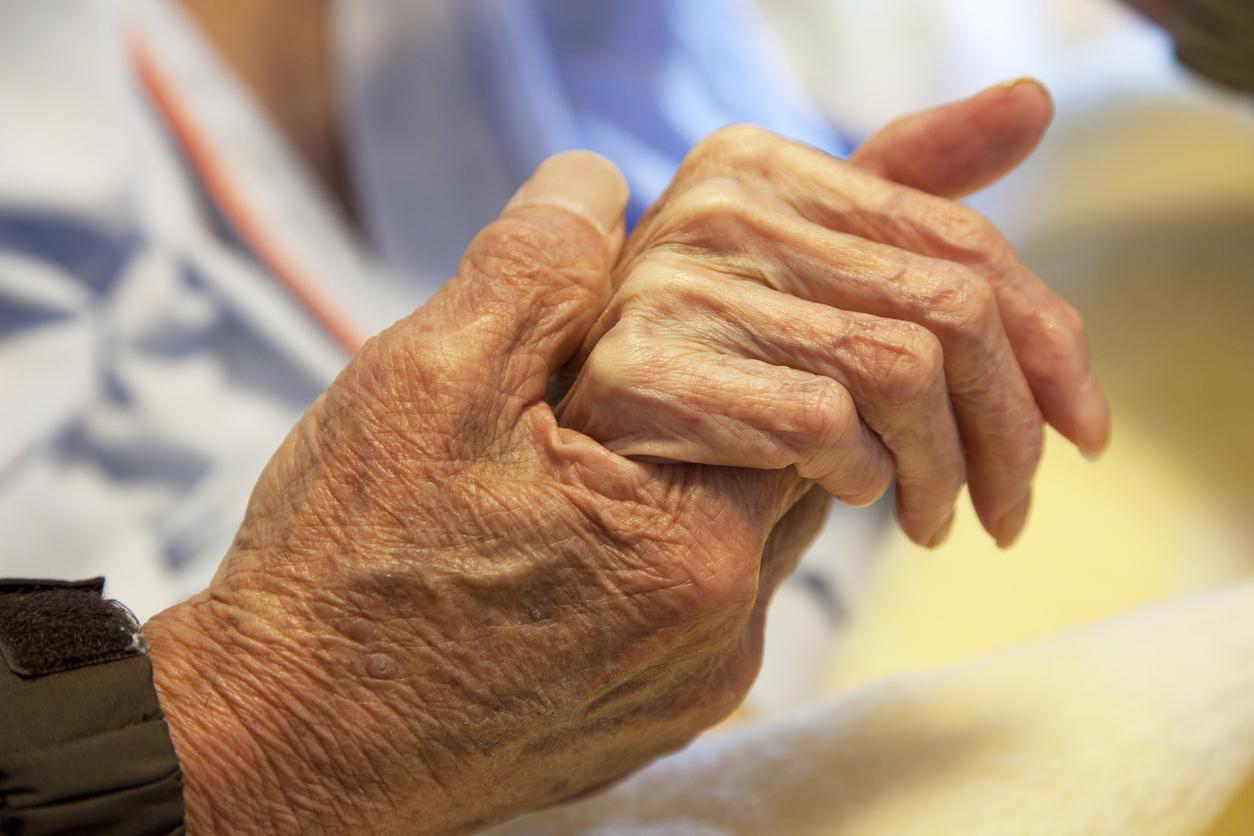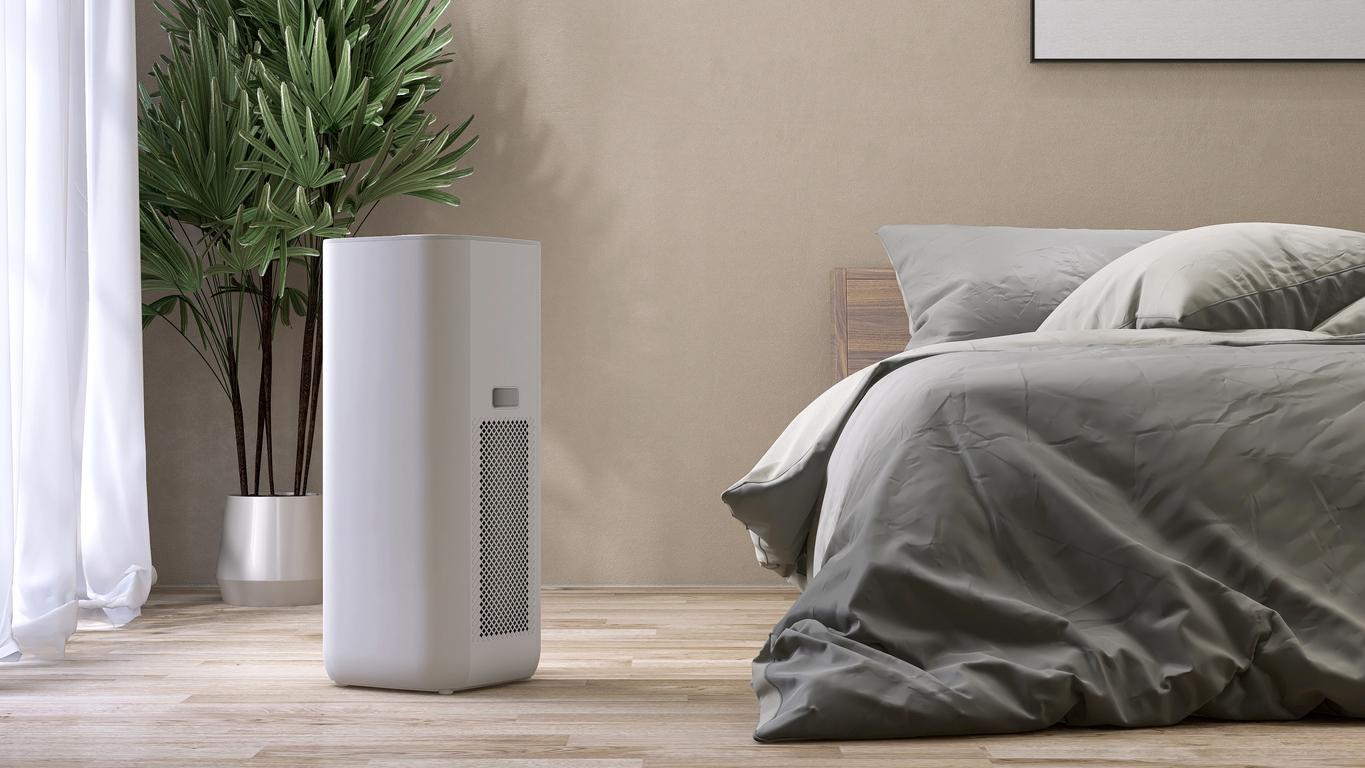
Provide energy and nutrients
When you are sick, food is often not the first thing on your mind. You are tired, not hungry, medicines change the taste, you have pain or difficulty swallowing or cannot keep food down and you are nauseous. Difficult, because it is precisely during illness that the body needs more nutrients than normal.
Just like with heavy work or sports, the body needs more energy (calories), proteins and other nutrients than normal during illness. It is also important to eat enough fruit and vegetables: this gives your defense a boost. In addition, it is important to keep a close eye on your weight. If you lose a lot of weight in a short time, it is best to contact your doctor.
Lack of appetite
Not hungry at all? Try to eat more often, in smaller portions. The sight of a larger meal will probably only make you less hungry. Therefore, choose especially things that you like and take a little bit of it as soon as you feel you can eat something. Nutrient-rich snacks like nuts, yogurt, and carrots are a good choice.
mouth problems
If you have a dry mouth or mouth ulcers or if you suffer from to swallow, you should not chew too much. Puree or grind your food or opt for soup and smoothies. However, real food remains the best choice. If you have serious and long-term problems with eating and swallowing, you can go for liquid meal replacements in consultation with a doctor.
Nausea
Your eating behavior at nausea may depend on the cause. Sometimes you are nauseous as a result of an empty stomach or tension, but medicines can also cause nausea. Fluid deficiency usually makes the feeling worse, so when you don’t feel so sick it is important to eat and drink. Smaller portions throughout the day are better than large meals. Eat slowly and avoid strong odors if you can’t stand them.
Fatigue
Cooking is often not the first thing you feel like when you are sick. Having them cooked for you or ready-made meals are ideal. In addition, provide quick snacks such as nuts, snack vegetables, hard-boiled eggs, granola and yogurt. The main meal is best eaten when you have the most energy.
stomach problems
Abdominal pain, diarrhea or constipation can also affect your appetite and diet. In case of diarrhea, it is especially important to drink enough so that you do not become dehydrated. ORS or sports drink diluted with water ensure that you not only keep your fluid level, but also the amount of salts and sugar. Just try to keep eating. Eat what you feel like, including fiber. The fibers act like a kind of sponge and thicken the stool.
Also with constipation fibres of interest. Just like drinking enough. And chewing well is important!
Long-term illness
The body can still handle a few days less energy from food, but especially if you are ill for a long time, it is very important to ensure that you get enough nutrients. The following tips can get you started.
- Eat smaller meals throughout the day, at least six times.
- Don’t skip meals.
- Vary as much as possible.
- Have a sandwich meal if you don’t like the hot meal.
- Do not eat too quickly and chew well.
- Avoid foods that you dislike.
- Opt for ready-made dishes if you don’t like preparing meals.
- Take little or no broth or soup. This contains little energy and protein, but gives a full feeling.
- Do not drink too much water or tea. Milk products contain more protein, vitamins and energy.
- Spread extra margarine or butter on your bread.
- Use plenty of bread toppings, for example two slices of cheese or cold cuts.
- Make sure to use whole milk products.
Sources):













